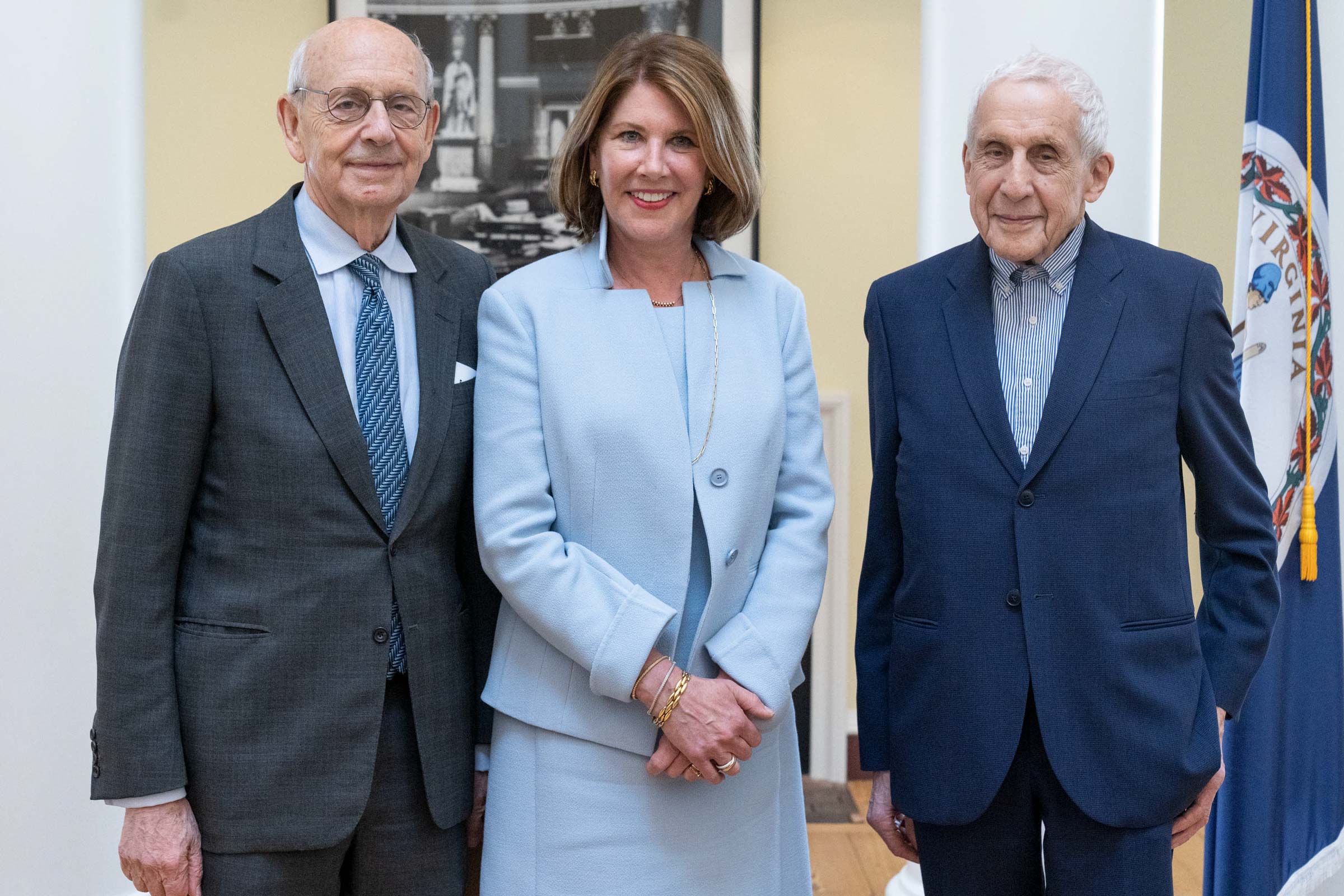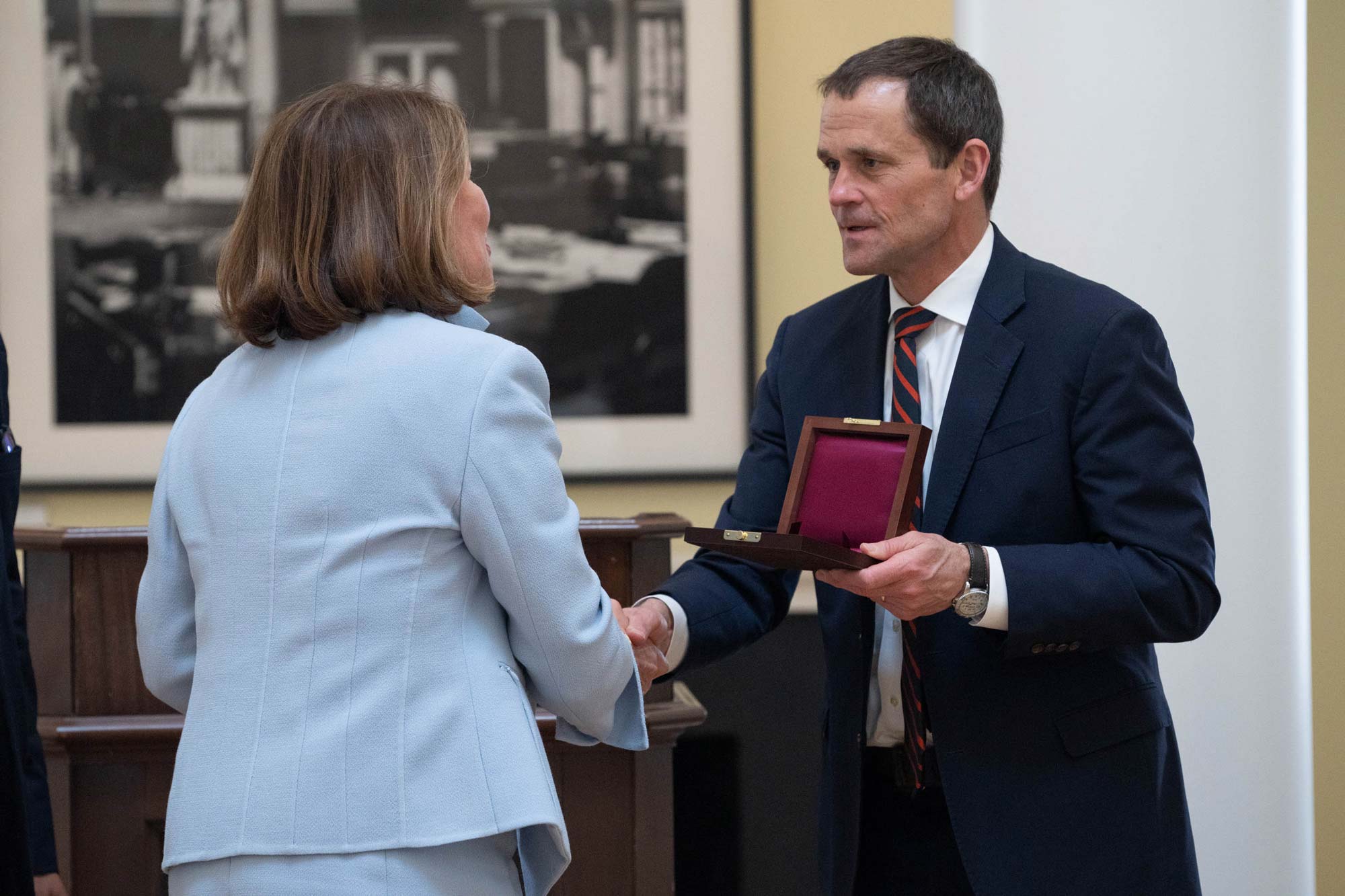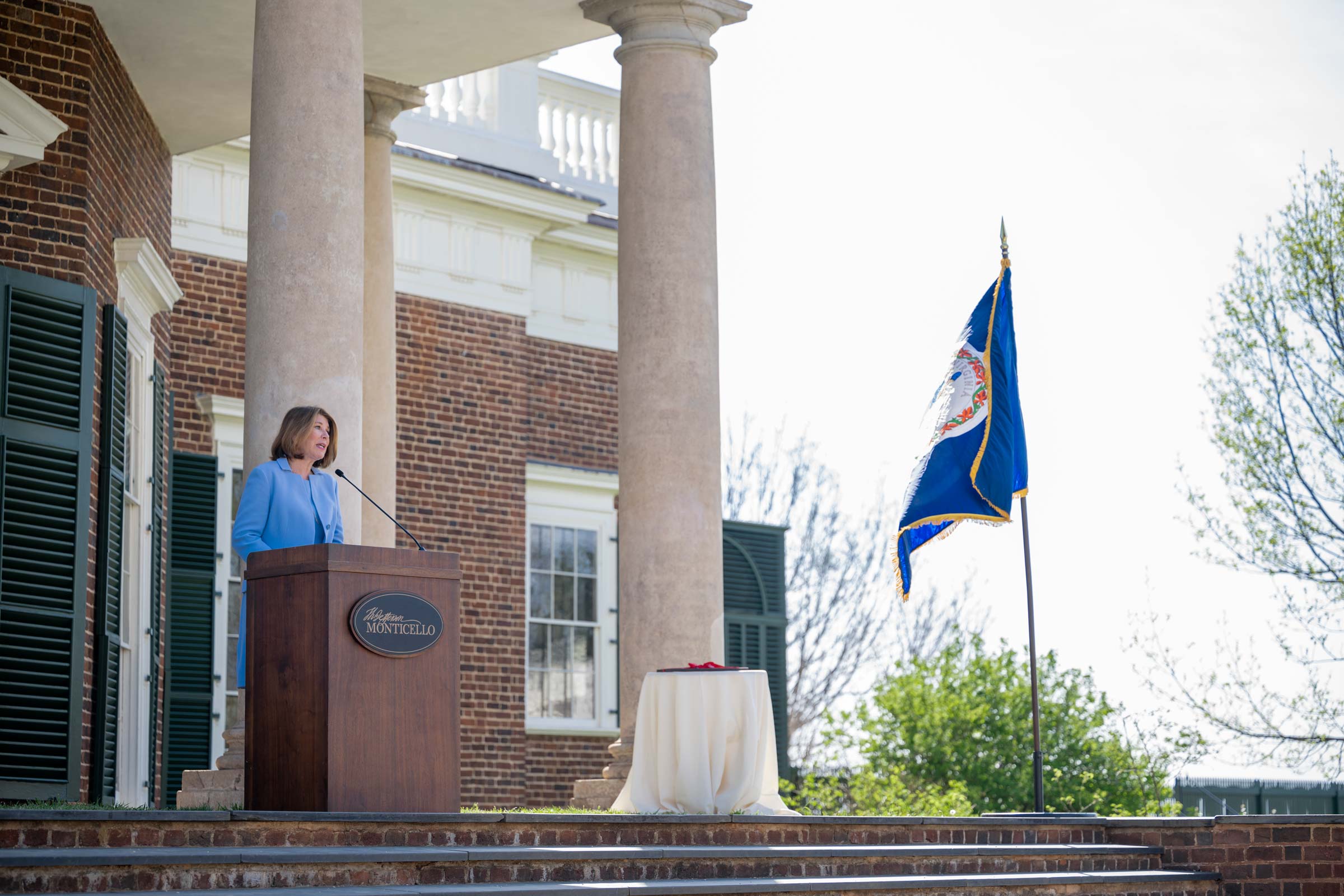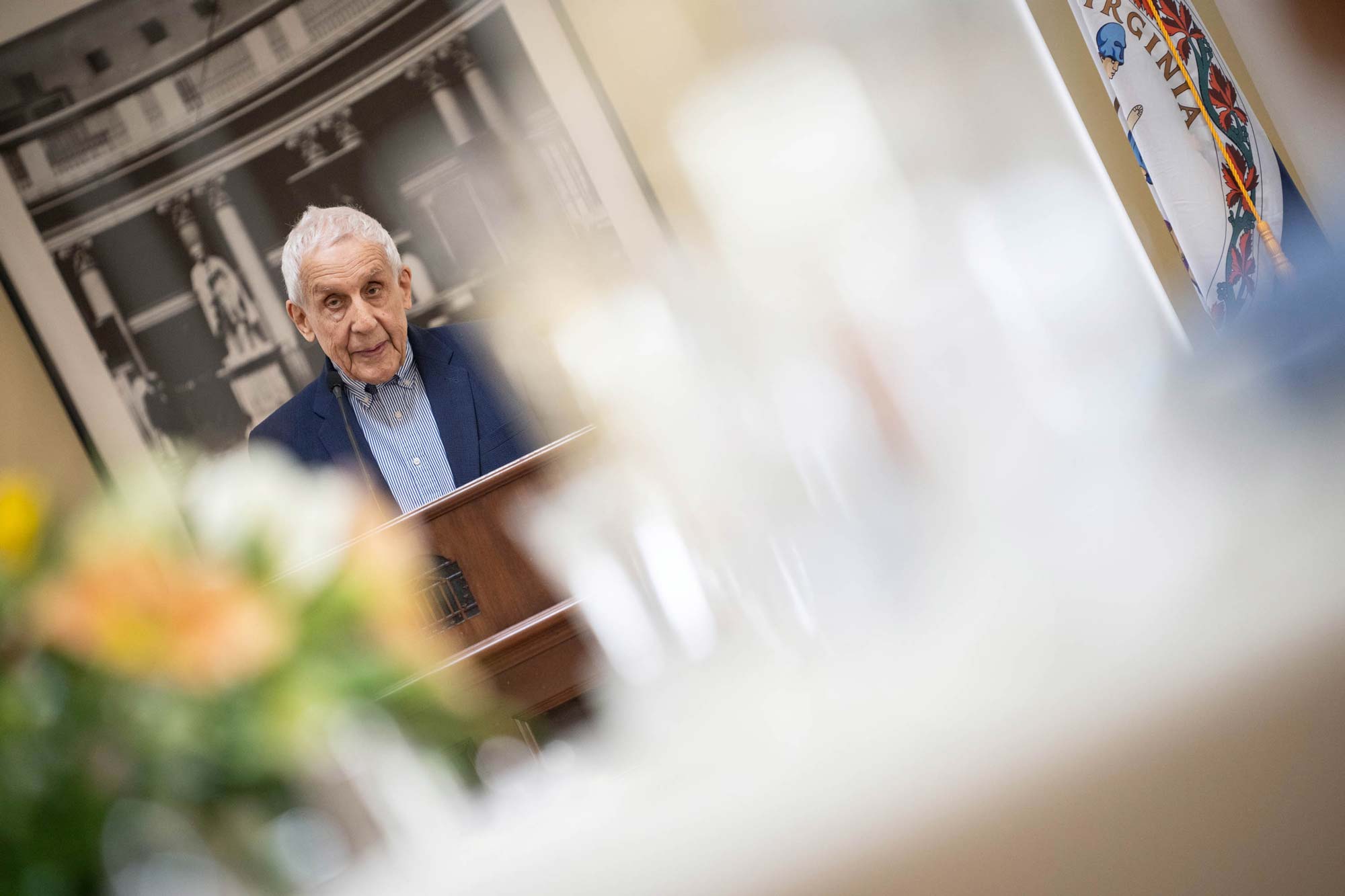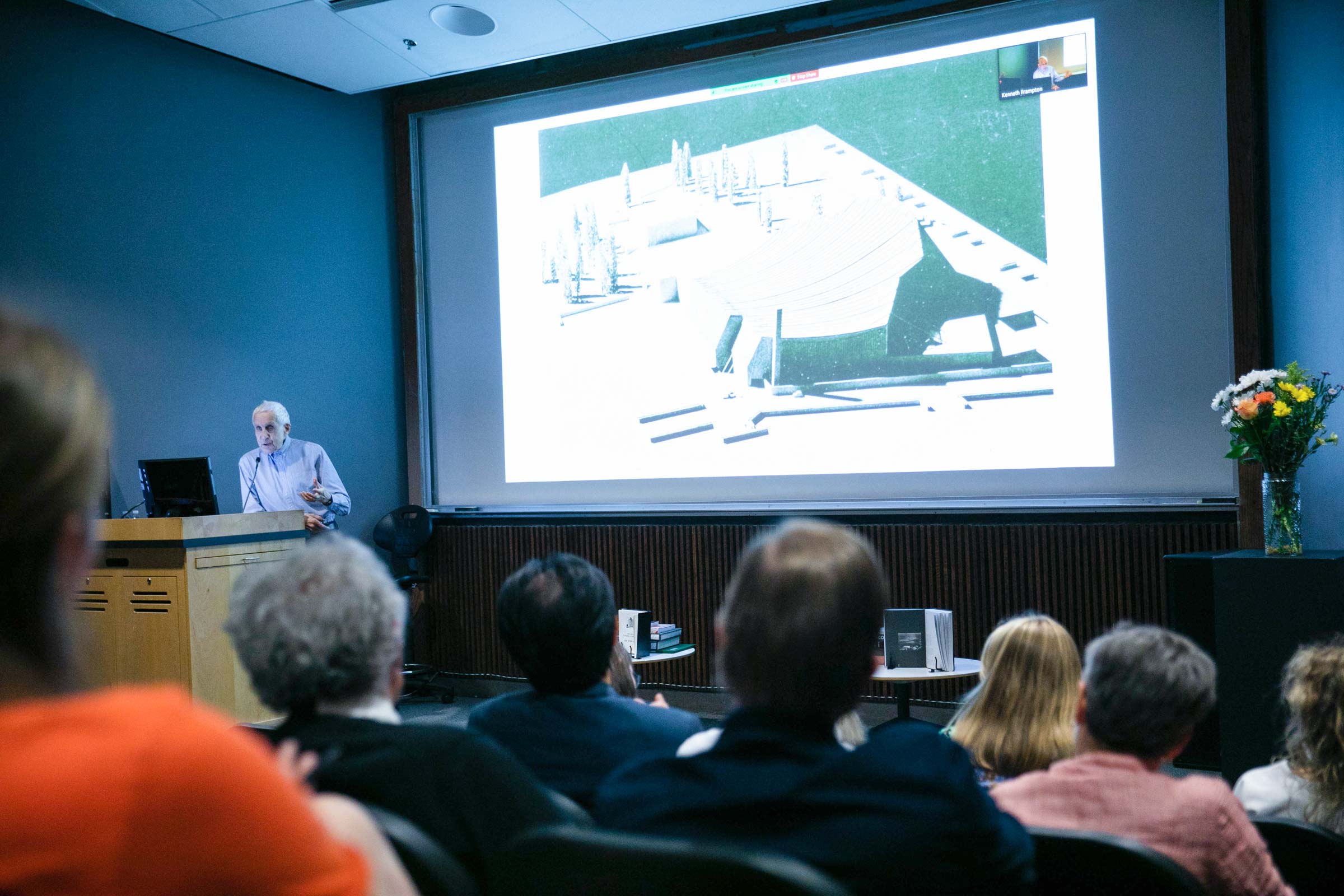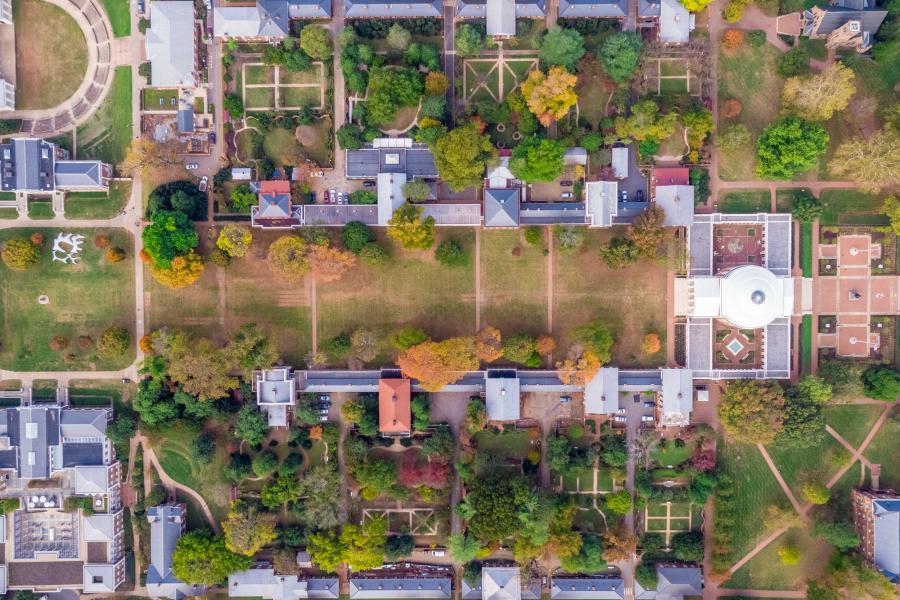Westin, who spent several years serving in government and media before “Sesame Street,” added: “Today, the people walking around the University’s Grounds look a bit different than they did two centuries ago. For all his belief in expanding education, Jefferson and his peers focused their efforts on improving the lives and minds of white men, but even as we recognize the limits of his vision, I believe that the underlying values to which Jefferson dedicated himself are as vital and essential as ever.”
Westin said “Sesame Street” debuted at a critical time in American history, and has continued to help children and families navigate challenging times.
“As the country grappled with the death of Dr. Martin Luther King and the struggles of the civil rights movement, ‘Sesame Street’ was the first children’s show to feature a racially integrated cast that celebrated our differences, as well as our common humanity,” she said.
The show’s impact on education and kids around the world, as well as their parents, has been immeasurable, particularly during the unprecedented disruption caused by the COVID-19 pandemic.
“Sesame has tackled some of the most challenging issues that face us all – addiction, incarceration, divorce, even death,” Westin said. “We always approach these challenges from the lens of a child, with extensive research to make sure we’re on the right path.”
By Whitelaw Reid
Kenneth Frampton: Still Forging Ahead at 91
Frampton is a 91-year-old with a legacy that “continues to be written.”
That’s how UVA School of Architecture Dean Malo A. Hutson described Frampton’s remarkable career before introducing the longtime architect, critic, historian and professor as this year’s recipient of the Thomas Jefferson Foundation Medal in Architecture at Campbell Hall.
“His intellectual generosity, and his extraordinary dedication to educating generations of architects, is a legacy that continues to be written,” Hutson said.
A professor at Columbia for nearly five decades, Frampton used his platform Wednesday to highlight the work done by one of the first winners of the Thomas Jefferson Foundation Medal in Architecture.
Alvar Aalto, a Finnish architect and designer, was the second-ever recipient of the honor in 1967. Frampton presented analysis of three canonical works of Aalto, whose vision of “place-creation” is still relevant today.
